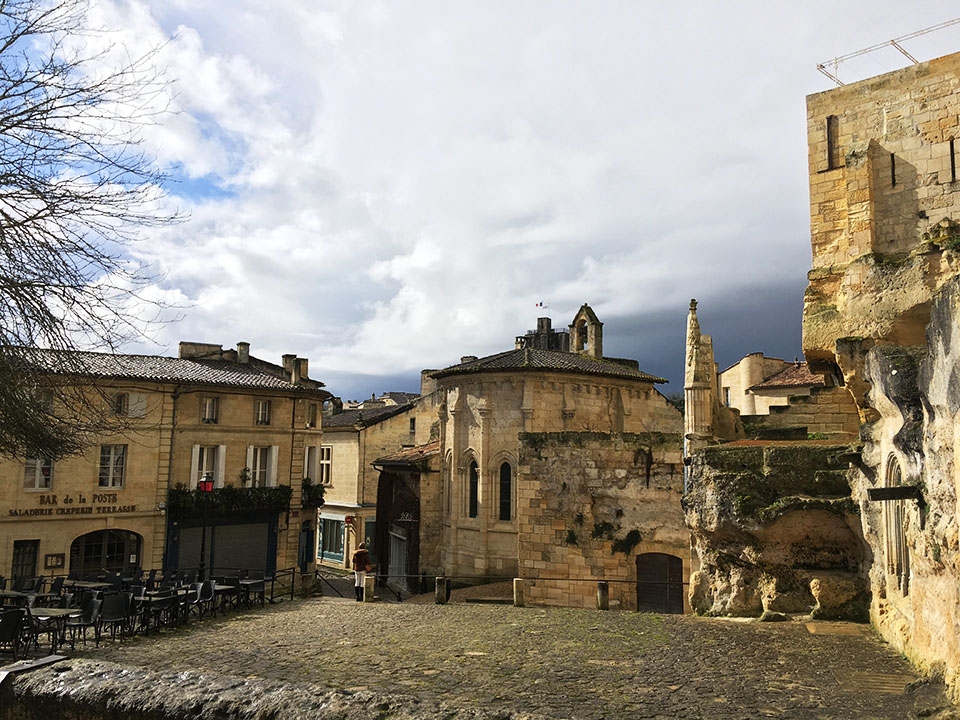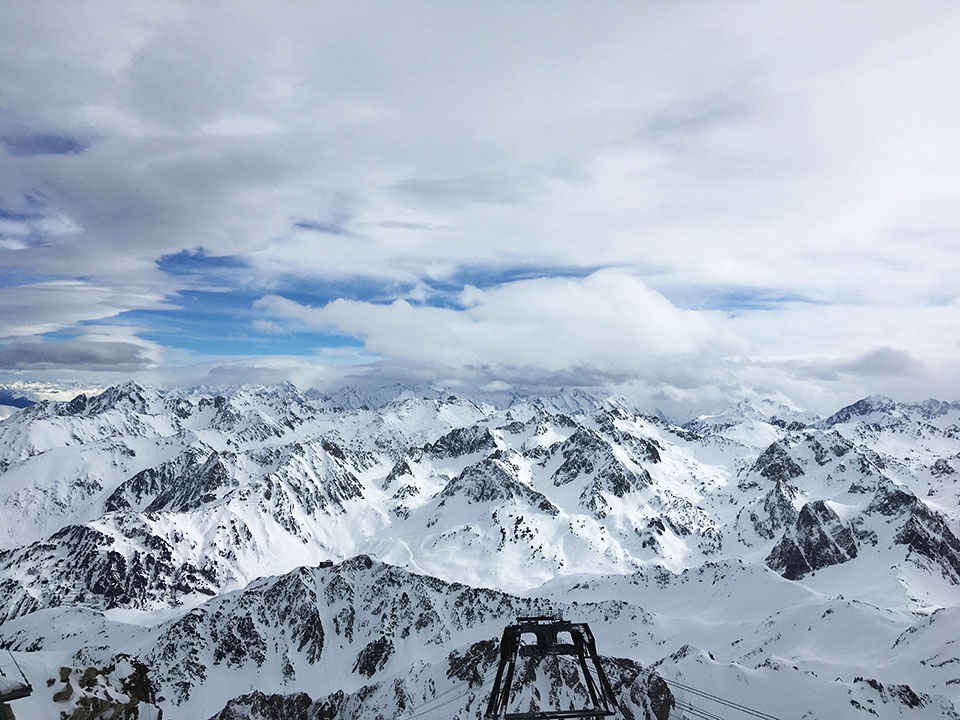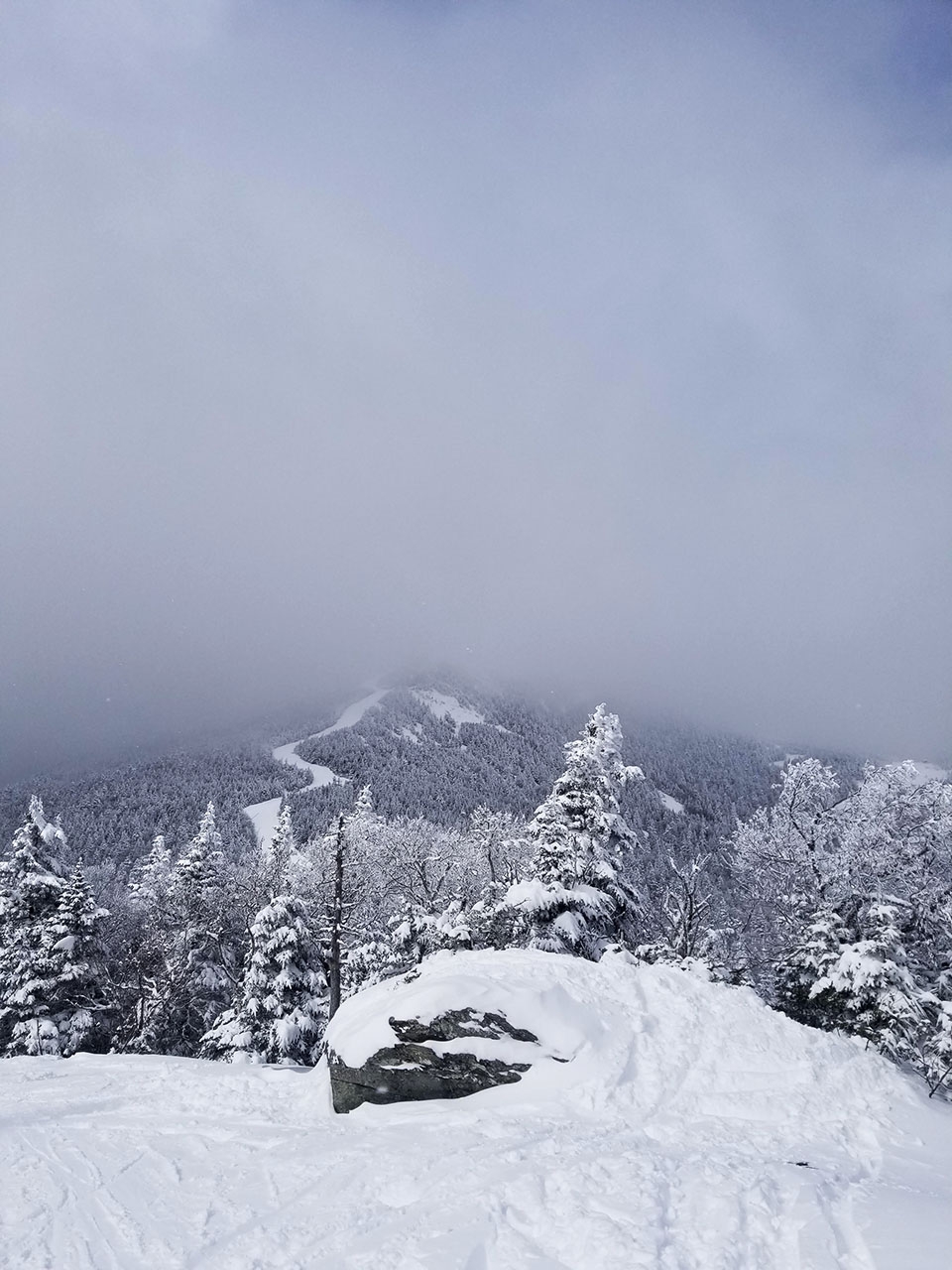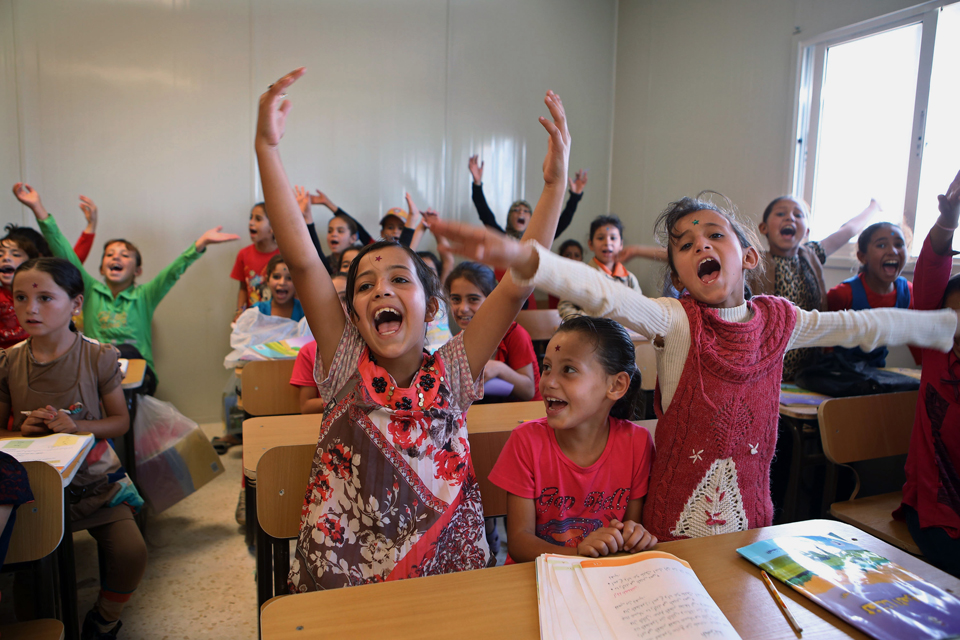
While many students are perfectly content to stay home and get some well-needed rest during Spring Break, just as many use the time as an opportunity to travel. Whether it be a beach getaway, a road trip or a study abroad course, there are plenty of options available for students — both through Duquesne and other outside organizations.
This year, three Duquesne students volunteered to share their traveling experiences, in case you’re considering breaking up with your couch and branching out next March.
Where did you spend Spring Break?
Dana Dryzal: I spent Spring Break in France, including Cahors, Bordeaux, Lourdes and Toulouse.
Maria Miller: I travelled to Athens, Greece over Spring Break (with day trips to Delphi, Mycenae and Aegina — all in Greece).

The course “Sacred Places: Faith, History and Geography” looks at how different cultures build sacred sites and how those sites give insights into the region’s culture.
Jacob Salvatore: Jay Peak Resort in Vermont.
Did you travel with a class or an organization?
Dryzal: I traveled with a class here at Duquesne called “Sacred Places: Faith, History, and Geography.”
Miller: I travelled with a Spring Breakaway class offered at Duquesne this Spring. It was a philosophy class, which was cross-listed as “Basic Philosophical Questions” and “Meaning of Life.”
Salvatore: I travelled with Duquesne Ski Club.
If you were exploring a new culture, what shocked you the most?
Dryzal: There were so many surprising things about France, but the biggest surprise was how much time is spent on eating. In America, even at sit-down dinners, we tend to eat and go. In France, dinners are very laid-back and a time to relax. Our dinners took around two to two-and-a-half hours to finish with three courses always. It was very enjoyable, but at the same time, I don’t know how the French spend so long on eating every day and still get work done.
Miller: I’m not sure that I was really shocked by anything in Greece, but I found it interesting how there are no skyscrapers in Athens. Our tour guide explained that there was a law passed in Athens that the highest building in the city would be the Parthenon at the Acropolis. There are buildings that have six or more stories, but no real sky-scrapers, which makes for an interesting aerial view of the city and also shows how important the Acropolis and its history means to the people of Greece.
What expectations did you have for the trip? What were you surprised to learn?

From the top of the Pic Du Midi Observatory, this photo shows the famous French Pyrenees mountains. The full name of this mountain is the Pic Du Midi de Bigorre.
Dryzal: I tried to go into the trip with as much of an open mind as possible. However, I was expecting the people to be very impatient with us since [the French] are known to have high regard for their culture and language. To my surprise, everyone was very helpful and kind to us and even spoke in English if they could. It was comforting to know that they weren’t as mean as people make them out to be.
Miller: Before traveling, when I thought of Greece, I figured we would visit ancient ruins and then spend time along the crystal-blue water on the coasts. This was definitely the case when we visited the island of Aegina and stopped along the beach for a few hours in the afternoon.

Low clouds cover the top of a mountain at Jay Peak Resort in Vermont. Jay Peak has 79 trails of all different levels and nine lifts within the resort. It also has multiple terrain parks.
When in Athens, though, it was so amazing that, when just walking along the sidewalk or riding the metro, you would pass by preservation sites — literally, there were giant archeological digs underneath the modern day city, so the sidewalk sometimes just opens up and shows the remains from the ancient city.
Salvatore: I was not sure what to expect. [I was] very excited to travel to a new state and experience a new place.
What do you think you gained from your experience?
Dryzal: I gained so much from this experience — a greater appreciation for other cultures, history and my own inner peace. Traveling opens your mind and soul in a way that nothing else can.
Miller: I think that I most gained an understanding of the ancient mindset in Greece. The idea that human well-being not only focused on physical health but also intellectual health, as expressed through the use of gymnasiums and importance of discussion in places like Plato’s Academy and Aristotle’s Lyceum.
Salvatore: I met some great people and made some great memories.
Do you have a favorite memory or most memorable excursion from the trip?
Dryzal: The most memorable part of the trip was going to the observatory at Pic du Midi. It is about 9,500 feet up in the Pyrenees Mountains on the southern border of France. It was an amazing sight, you could see miles of snow-covered mountains. It was breathtaking.
Miller: My favorite memory from the trip was probably when a group of us climbed Mount Lycabettus in Athens during an afternoon when we had free time. The hike up was beautiful and the view from the top of the mountain was gorgeous, showing the whole city of Athens. There was also a very small, Greek Orthodox church at the top of the mountain, with beautiful frescoes. Then, on the way back from the mountain, we stopped at the Greek Parliament building in Athens and watched the changing of the guards at the Tomb of the Unknown Soldier there.
Salvatore: Not one in particular, but the peacefulness and sights from atop the mountain were breathtaking.
Any tips for students wanting to take a Spring Breakaway course, or travel independently next year?
Dryzal: If you have the slightest interest in going abroad, do it, especially now while in college since you probably won’t right after you graduate. If you travel and don’t like it, then you don’t have to go again, but you will never know if you do if you don’t try.
Miller: This was the third Spring Breakaway course I have taken at Duquesne, and I’m so blessed to be able to study abroad. The best advice I can give is to plan your Core Classes and Theme Areas for the Spring semesters — it can be so easy to study abroad, no matter what your major is, through Spring Breakaways. I really believe that every student should take advantage of the study abroad opportunities that Duquesne offers.
Salvatore: Yes, do it.



